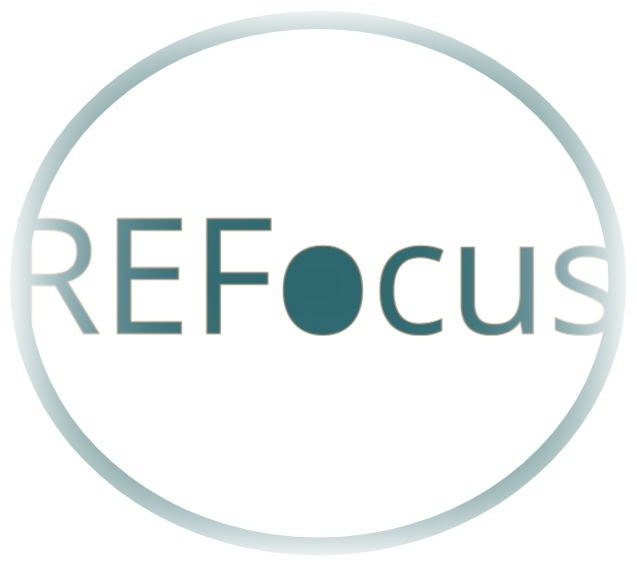” Real Estate Companies “
Series
Mastering Negotiation Skills for Real Estate Professionals
Negotiation is a critical skill for real estate professionals. Whether you are a real estate agent, broker, property manager, or investor, negotiating effectively can make a significant difference in your success in the industry.
Real estate transactions involve complex negotiations, where parties with different interests and objectives come together to find common ground.
Strong negotiation skills can help you navigate these situations confidently, build relationships, and achieve favorable outcomes. In this blog post, we will explore the importance of mastering negotiation skills for real estate professionals and provide some best practices to improve your negotiation prowess.
Why are Negotiation Skills Important in Real Estate?
Real estate transactions typically involve multiple parties, including buyers, sellers, investors, lenders, and other stakeholders. These parties often have different goals, interests, and perspectives, and negotiations are necessary to reach mutually beneficial agreements. Negotiation skills are crucial in real estate for the following reasons:
-
Achieving favorable outcomes: Negotiating effectively can help you achieve favorable results, such as getting the best price for a property, securing favorable terms in a lease agreement, or reaching a mutually beneficial contract in a complex real estate transaction. It can also help you resolve disputes or conflicts and find win-win solutions for all parties involved.
-
Building relationships: Real estate is a relationship-driven industry, and strong negotiation skills can help you build and maintain positive relationships with clients, colleagues, and other stakeholders. Effective negotiation can establish trust, credibility, and rapport, which is essential for long-term industry success.
-
Managing risks: Negotiation skills can help you manage risks associated with real estate transactions. For example, negotiating favorable terms in a contract, such as contingencies, timelines, and due diligence, can protect your interests and mitigate risks.
-
Enhancing communication: Negotiation involves effective communication, including active listening, clarifying information, expressing ideas clearly, and persuading others. Strong negotiation skills can improve your overall communication skills, essential for building relationships, resolving conflicts, and conducting business in the real estate industry.
Best Practices for Mastering Negotiation Skills in Real Estate
-
Prepare thoroughly: Successful negotiation starts with thorough preparation. Before entering a negotiation, research and gather information about the property, market conditions, comparable sales, and other relevant factors. Understand the other party’s needs, interests, and objectives, and identify potential areas of common ground or points of contention. Prepare your negotiation strategy and set clear goals and targets.
-
Practice active listening: Active listening is a crucial skill in negotiation. Listen carefully to the other party, and try to understand their perspective, needs, and concerns. Avoid interrupting or assuming things. Ask open-ended questions to gather more information and show genuine interest in the other party’s viewpoint. This can help you build rapport and establish trust, which can be beneficial in reaching mutually beneficial agreements.
-
Be adaptable and flexible: Real estate negotiations can be dynamic, and your approach must be versatile and flexible. Be prepared to adjust your strategy based on new information, changing circumstances, or the other party’s response. Look for creative solutions and options that can meet the needs of both parties. Avoid rigid positions or a win-lose mentality, which can hinder the negotiation process.
-
Communicate effectively: Effective communication is essential in a negotiation. Clearly express your ideas, needs, and expectations, and use persuasive language to support your position. Use body language, tone, and timing effectively to convey your message. Be mindful of your emotions and manage them effectively, as emotional outbursts can derail the negotiation process.
-
Build relationships: Building relationships with the other party can create a favorable negotiating environment. Show respect, professionalism, and integrity in your interactions. Look for areas of common ground and try to establish rapport. Be courteous and professional, even if there are differences of opinion. Building a good relationship with the other party can lead to more cooperative and mutually beneficial negotiations.
-
Be prepared to walk away: Sometimes, negotiations may not yield the desired results, and it’s important to be ready to walk away if the terms are unfavorable. Avoid making impulsive decisions or succumbing to pressure. Understand your bottom line and be willing to stand firm on your objectives. Walking away from a deal that doesn’t align with your goals can sometimes be the best decision in the long run.
-
Seek feedback and learn from experience: After every negotiation, seek input from yourself and others involved in the process. Evaluate what worked well and what could be improved. Learn from your experience and strive to improve your negotiation skills continually. Consider taking courses, attending workshops, or reading books on negotiation to enhance your skills further.
-
Utilize technology: Technology can be a valuable tool in mastering negotiation skills in real estate. Various software, apps, and tools can help you with market research, data analysis, and communication. Utilize technology to your advantage and stay updated with the latest trends and tools in the industry so that you have all the facts needed to address concerns, push-backs, or even bluffs.
In conclusion
Mastering negotiation skills is crucial for real estate professionals to succeed.
Effective negotiation can help you achieve favorable outcomes, build relationships, manage risks, and enhance communication.
By preparing thoroughly, practicing active listening, being adaptable and flexible, communicating effectively, building relationships, being willing to walk away if necessary, seeking feedback, and utilizing technology, you can become a skilled negotiator in the real estate industry.
Continuously honing your negotiation skills can lead to better deals, satisfied clients, and a successful career in real estate.
Contact us today to learn how we can help your real estate brokerage achieve the next level.
Additional Resources
A Few Other Resources We’ve Created for Our Customers
“What Problems do You Fix?”
" REFocus " Series04 / 07 / 2023 Residential Market "Why should I hire you?", "What can you do for us?", "What exactly do you work with? In what areas?" or "What makes you unique?" are frequently asked by businesses when discussing consulting, their...
News_Residential Market 230407
NEWS04 / 07 / 2023 Residential Market What are the main news related to the residential real estate market for this week? If you are interested in the latest developments and trends in the residential real estate market, you might want to read this...
Best Practices for Effective Client Relationship Management in Real EstateEstate Brokerages Thriving with Consulting Support
" Real Estate Companies " SeriesBest Practices for Effective Client Relationship Management in Real Estate As a real estate professional, your success largely depends on building and maintaining strong client relationships. Effective client...
Contact Us
Have additional questions? Send us an email and we will reach back to help you answer them!


